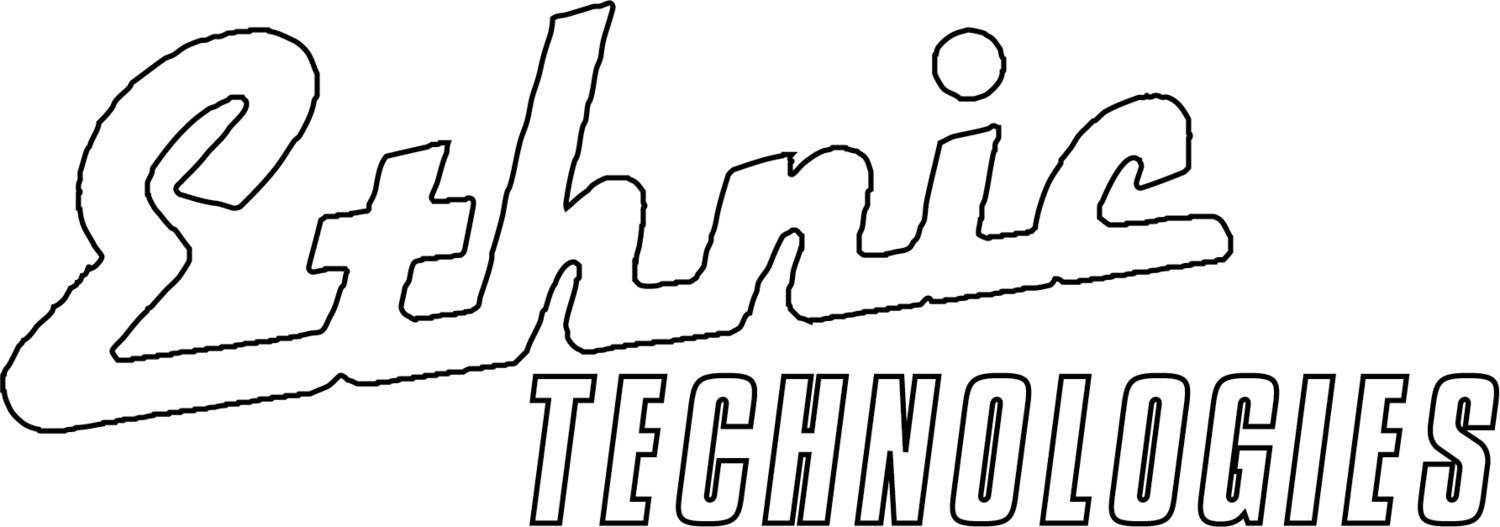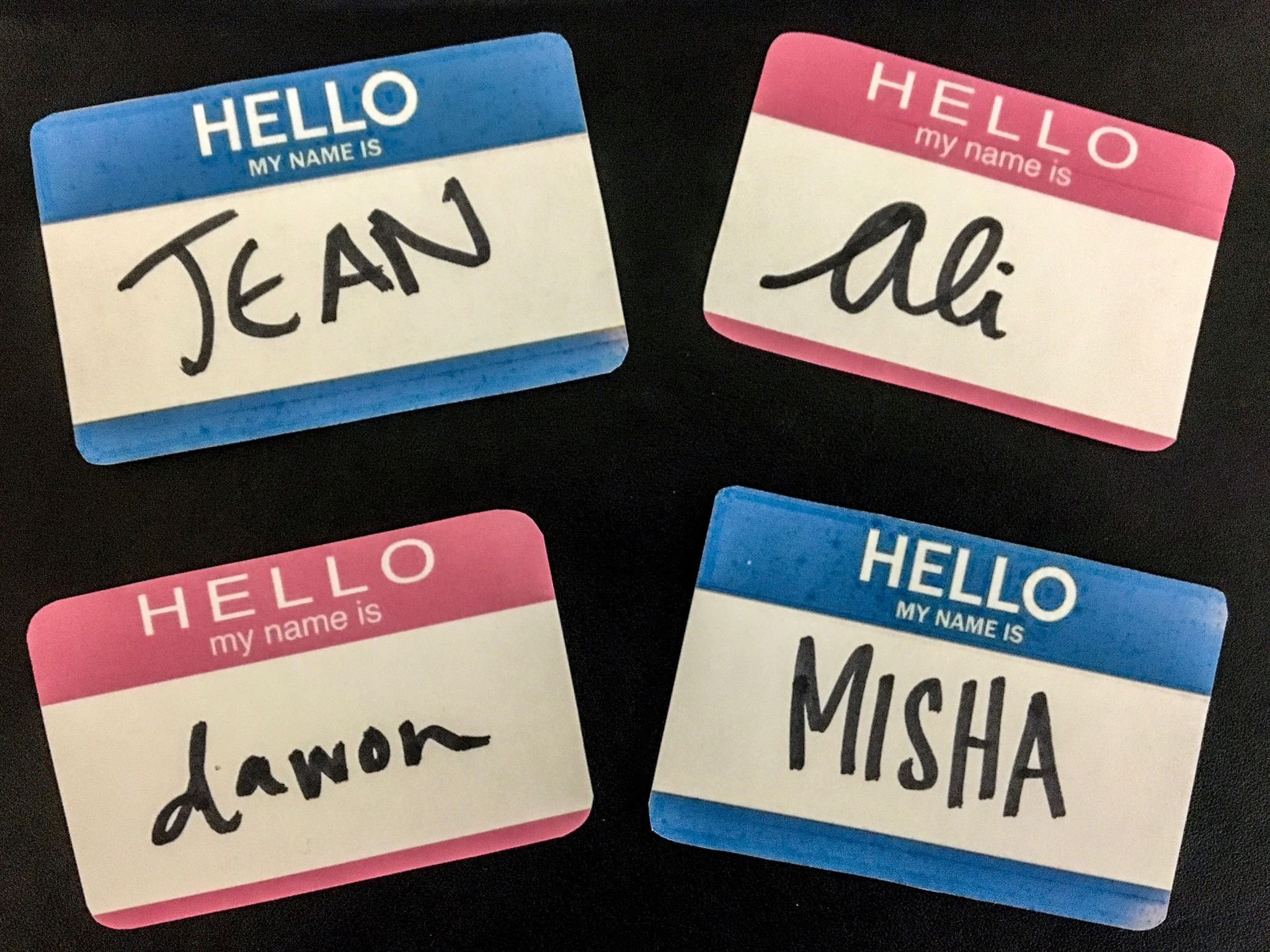Written by Amy Franz
We assume that most names are gendered, but these multicultural names will turn that assumption upside down. In today’s world of one-to-one marketing, you don’t want to leave these people out:
JEAN
We’ve all heard the name JEAN. Celebrity bearers include renowned tennis player, Billie Jean King, and Old Hollywood stars, Jean Harlow, Jean Seberg, and Norma Jean Baker (famously Marilyn Monroe).
What do these women have in common? They each have either an Anglo or Germanic surname.
Coincidence? Not at all. The name JEAN is widely female in the United States, where Anglo and Germanic last names are among the majority.
However, if you meet someone from one of many French speaking countries, such as France, Haiti, or the Ivory Coast, JEAN is a male name. Famous JEANs include filmmaker Jean Luc Godard, actor Jean Claude Van Damm, and fashion designer Jean Paul Gaultier.
DAWON
DAWON is used by African American men and Korean women.
The sounds that comprise the name DAWON are commonly used among African American first names, although they can be spelled a number of different ways. Therefore, if you see DAWON paired with a surname such as THOMAS or WASHINGTON, it’s very likely for this individual to be an African American man.
On the flipside, if this given name is paired with the last name CHOI, for example, the person is a Korean woman.
DAWON has two unrelated etymologies. In this case, the female DAWON was transliterated from Korean into Roman characters, coincidentally matching an African American male name!
MISHA
MISHA is a common name and – surprise! – it’s used by both males and females.
In the United States, you see this name being used by many females, particularly if they are Asian Indian. Therefore, a MISHA who bears the Indian surname MEHTA, for example, would be female.
MISHA represents males when paired with a Russian surname, like ANTONOV. In fact, MISHA is a nickname for MIKHAIL, the Russian equivalent of MICHAEL.
The derivation of the two MISHAs are entirely different; the Indian MISHA comes from Sanskrit while the other is derived from Russian.
ALI
In the United States, ALI is a name you may run into often, for males and females.
ALI is prevalent for women is because it’s frequently used as a nickname for the popular names ALEXANDRA (and its variants), ALISON, ALICIA, ALINA, and so on. Between these full names alone, you can imagine the amount of women walking around with the nickname ALI!
In Arabic, however, ALI means “elevated; noble; sublime” and is a popular Arabic male given name! With a surname like ELSAID, ALI is more likely to be male.
Nearly Half a Million Americans
These four names account for almost half a million Americans. There are over 300,000 adult Americans named JEAN and over 50,000 adults named ALI in the United States.
Between nicknames, transliterations, and spelling coincidences, many names aren’t simply male or female in a country as diverse as the United States. JEAN, DAWON, MISHA, and ALI are emblematic of the names used by millions of American consumers.
In marketing, gender is an extremely important variable to consider. By acknowledging how the gender of names changes between ethnicity, language, and culture, you can better engage with and understand your audience.

